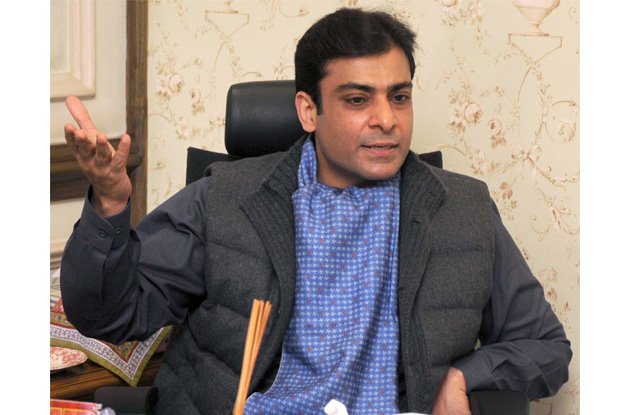
The Supreme Court (SC) on Saturday permitted Punjab Chief Minister Hamza Shehbaz and his cabinet to hold office until the re-election of the provincial chief minister scheduled for July 22.
The SC issued a written order on the Pakistan Tehreek-e-Insaf (PTI)'s plea challenging the Lahore High Court (LHC) ruling ordering a re-count of votes polled for the election of Punjab CM held on April 16.
The apex court maintained in its order, penned by Justice Ijazul Ahsan, that, “Mr (Hamza) Sharif has undertaken before the court that he and his cabinet shall exercise the powers and function their offices strictly in fiduciary capacity as envisaged by the Constitution and the law to support the process of by-election in the province to be conducted in a free, fair and transparent manner by the Election Commission of Pakistan (ECP).”
The court stated that the commitment to act as trustees of the office is contingent on fulfilling the duty of care towards citizens of Punjab “so that they are not deprived of due representation and governance”.
“However, such entrustment shall continue only till July 22, 2022 when a second poll takes place in terms of Article 130(4) of the Constitution," the written order maintained.
Read By-elections in Punjab take on a new significance
Moreover, the SC directed the LHC to issue a detailed judgment for the order pertaining to the recounting of votes for the Punjab chief minister’s election within a week.
The apex court observed that the LHC's order “shall be implemented by the ECP forthwith by issuing the notification of the names of the candidates against reserved seats”.
The apex court added that in the event of disagreement from any such notification, the individual shall have the right to agitate such grievance before the appropriate forum in accordance with the law.
The court maintained that election be held and all legal and procedural formalities be held, within one week from today; as suggested by Punjab Assembly Speaker Pervaiz Elahi, consented to by Hamza and Babar Awan, the leader of the opposition in the assembly.
The order reiterated that the by-election against the seats which had become vacant on account of defection of PTI members shall be held in a free, fair and transparent manner.
“The process shall be completed as per the schedule already announced by the ECP. The final result(s) and notification(s) shall also be issued accordingly,” the order read.
The apex court demanded the ECP and all relevant state functionaries, including members of parliament, provincial assemblies, ministers and advisers, to ensure that all parties follow the election laws as well as the code of conduct issued by the ECP.
The SC observed that the law must be followed in its “letter and spirit” and those involved must “refrain from any interference, inducement or influence in the affairs of the executive, the local administration and the ECP or indulge in corrupt and illegal practices."
Read more SC accepted all our demands: Elahi
The apex court also advised parties not to resort to harassment, intimidation or use of law enforcement agencies against opponents and candidates or their supporters, except to restore law and order.
To uphold the spirit of fair and transparent elections, the court order stated no transfers or postings of officials of the local administration, police, provincial Election Commission shall be undertaken, except in accordance with specific provisions of the Election Act, 2017 and the Code of Conduct to meet emergency situations.
“No fresh development schemes and/or financial allocations shall be made in the constituencies where the by-election is to be held till finalisation of the by-election,” the statement read, adding that in the event of violation of the provisions, the ECP would take appropriate action in accordance with law.
The order said, "The speaker and the chief minister had categorically assured that all matters pertaining to the business of the assembly would be handled and dealt with peacefully, impartially and transparently."
The order required parties to maintain a peaceful and “congenial atmosphere” not only during the poll but also in the subsequent assembly meetings.
“We expect that such undertakings and assurances shall be honoured and implemented. It is unreservedly and categorically agreed and undertaken by all parties before us that it is the constitutional, legal and moral responsibility of all political parties.”
The judges “record our appreciation regarding the positive and constructive attitude adopted and the role played not only by the top leadership of three political parties involved in the dispute but also by the respective learned counsel”.

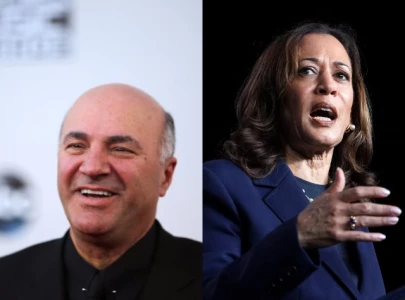



1732745394-0/Diddy-(4)1732745394-0-165x106.webp)

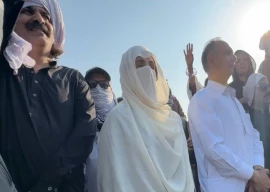


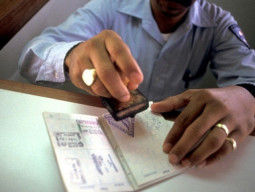
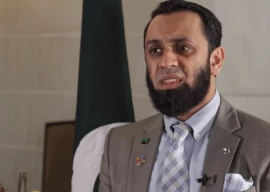
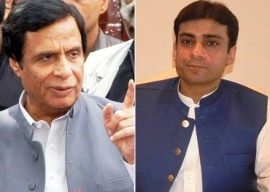
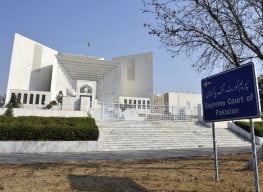








COMMENTS (1)
Comments are moderated and generally will be posted if they are on-topic and not abusive.
For more information, please see our Comments FAQ